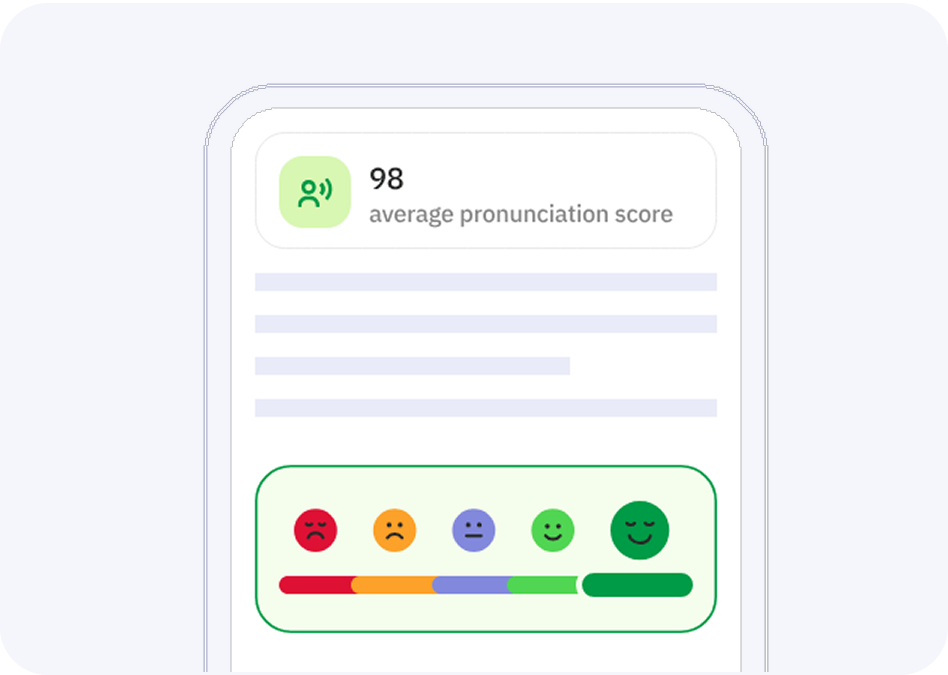5 Hardest Languages for English Speakers to Learn
Learning a new language is an exciting journey that opens doors to new cultures, experiences, and personal development. However, particular languages are notoriously challenging for native English speakers. The differences in alphabets, pronunciation, grammar structures, and word order can lead to confusion and frustration. In this blog, we identify and discuss the five hardest languages an English speaker may undertake. Let's dive in!

The talkpal difference

Personalized Education
Every student has a distinct approach to acquiring knowledge. By leveraging Talkpal technology to analyze the study patterns of millions of users at once, we are able to build highly effective educational environments that adapt to fit the specific needs of every single learner.

Cutting-Edge Technology
Our central mission is to lead the way in providing accessible and tailored learning journeys for every user by utilizing the most recent breakthroughs in modern technology.

Making Learning Fun
We have transformed the educational process into something genuinely entertaining. Since maintaining momentum in an online setting can be difficult, we designed Talkpal to be incredibly captivating so that users prefer mastering new abilities over playing video games.
LANGUAGE LEARNING EXCELLENCE
The most efficient way to learn a language
Try Talkpal for free5 Hardest Languages for English Speakers to Learn
1.Mandarin Chinese: The Tonal Maze
Mandarin is exceptionally challenging due to its tonal nature and extensive logographic writing system.
- Tonal Language: A single word can have vastly different meanings depending on its tone.
- Characters: Mandarin consists of thousands of intricate characters, distinctly different from the alphabet English speakers know well.
- Grammar: Although grammar is relatively simple, understanding and applying the correct context takes significant time and effort.
2. Arabic: The Fascinating Script
Arabic stands out due to its unique alphabet, complex grammar rules, and dialectal variations.
- Writing System: Arabic is written from right to left with a cursive script style that changes depending on the letter’s position within a word.
- Pronunciation: Many sounds in Arabic have no equivalent in English, which makes proper pronunciation difficult to acquire.
- Grammar Complexity: Verb conjugations, noun cases, and grammar structures differ significantly from those found in English.
3. Japanese: Honorifics and Three Writing Systems
Japanese utilizes various writing systems and honorific levels in speech, making it complex for English speakers.
- Three Alphabets (Hiragana, Katakana, Kanji): Each is used in different contexts, demanding effort and practice to understand and memorize.
- Sentence Structure: The grammar and word order differ significantly from English, requiring considerable time for learners to grasp.
- Cultural Language: Honorifics require learners to maintain context-sensitive politeness which can be difficult to master without exposure and practice.
4. Korean: An Alphabet with Hidden Complexities
Though designed logically, Korean grammar and cultural nuances pose significant challenges.
- Hangul Alphabet: While comparatively easy to learn, quickly reading or composing texts still remains challenging.
- Language Structure: Sentence structures, particles, honorific forms, and verb conjugations differ drastically from English.
- Pronunciation: Subtle pronunciation nuances might pose difficulties in comprehension and speaking practice.
5. Hungarian: A Grammar Like No Other European Language
Hungarian stands apart from nearly all European languages due to its unique grammar and vocabulary.
- Agglutinative Language: Hungarian adds multiple endings to a single word, creating complexity for speakers accustomed to separate words.
- Cases and Grammar: Hungarian grammar involves numerous cases and verb endings, providing significant obstacles for learners.
- Semantics: Its vocabulary is distinct from English and even most other European languages, creating additional barriers.
Conclusion
While learning these languages can indeed be challenging for English speakers, the rewards are vast. Overcoming these linguistic barriers provides the joy of cultural immersion, improved cognitive skills, and interpersonal communication with people from different nations and cultures.
The most efficient way to learn a language
Try Talkpal for freeFrequently Asked Questions
Why is Mandarin Chinese difficult for English speakers?
What is the most challenging aspect of Arabic for English speakers?
How long does it typically take an English speaker to become fluent in Japanese?
Why do Korean honorifics make the language challenging?
Is Hungarian easier for English speakers who know other European languages?







